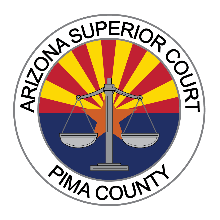If there is a finding of guilt (by plea or trial), the Court will set a time for sentencing, generally, the date will be within four weeks. If there is a reasonable possibility the defendant will receive prison time, the State may request that the Court order the defendant be taken into custody and the Court is required by statute to do so.
The Court will order the preparation of a pre-sentence report by the Adult Probation Department. The report provides information concerning the offense, the defendant's criminal, social, educational, employment, and mental health history. The report will also provide statements from the defendant and victim(s) and an evaluation by the investigating officer.
Either party may request a hearing to present aggravating or mitigating factors before sentencing. Additionally, the defendant, victim and other interested persons may submit letters for the Court's consideration prior to sentencing.



